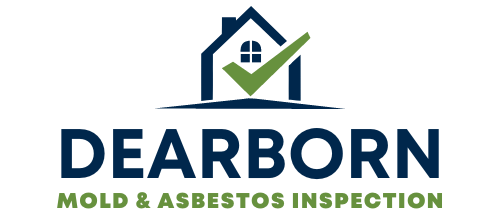Mold is a common concern for property owners and managers, especially in commercial settings where health and safety are paramount. At Dearborn MAI, we understand the challenges that mold infestation can pose to your business. Not only does it impact the structural integrity of your property, but it also poses health risks to occupants. This is why we offer comprehensive mold inspection and assessment services tailored for Westland commercial properties. Our goal is to identify, manage, and mitigate mold-related issues efficiently and effectively.
Understanding Mold and Its Impact
Mold is a type of fungus that can grow both indoors and outdoors, thriving in moist, warm environments. In commercial properties, mold can be found in places like bathrooms, kitchens, basements, and anywhere with water damage or high humidity levels. It reproduces through spores, which can be harmful when inhaled, leading to health issues such as allergies, respiratory problems, and in severe cases, toxic reactions.
The presence of mold can also have a significant impact on your business operations. It can lead to costly repairs, reduce property value, and even result in legal liabilities if the health of employees or customers is compromised. Therefore, timely and effective mold inspection and assessment are crucial.
Why Choose Dearborn MAI for Mold Inspection?
At Dearborn MAI, we specialize in mold inspection and assessment for commercial properties in Westland. Our team of certified experts uses state-of-the-art technology to detect mold, even in hidden areas. We understand that every commercial property is unique, and thus, we offer customized solutions to meet your specific needs.
Our inspection process begins with a thorough assessment of your property, including air quality tests and surface sampling. This allows us to identify the type of mold present and the extent of the infestation. We then provide you with a detailed report, outlining our findings and recommending the best course of action.
Our Comprehensive Mold Assessment Services
We don't just stop at identifying mold; we also assess the source of moisture that's allowing the mold to thrive. This is a critical step in preventing future growth. Our assessment includes:
Moisture Mapping
Identifying the source of moisture and areas at risk of mold growth.
Air Quality Testing
Measuring the concentration of mold spores in the air.
Detailed Reporting
Providing a comprehensive report that includes our findings, the potential health risks, and recommendations for mold remediation and prevention.
Post-Inspection Support and Recommendations
After the inspection, Dearborn MAI is committed to guiding you through the next steps. We offer advice on professional mold remediation services and can help you implement strategies to prevent future mold growth. This includes improving ventilation, fixing leaks, and controlling humidity levels within your property.
The Importance of Regular Mold Inspections
Regular mold inspections are crucial for maintaining a healthy and safe environment in your commercial property. They not only help in early detection of mold growth but also ensure compliance with health regulations, thus protecting your business from potential liabilities. Dearborn MAI recommends scheduling regular inspections to safeguard your property and the people who use it.
Conclusion
Mold in commercial properties is a serious issue that requires prompt and effective attention. Dearborn MAI offers comprehensive mold inspection and assessment services for Westland commercial properties, ensuring your business remains safe, compliant, and operational. Our expert team is equipped to handle all aspects of mold detection, assessment, and prevention advice. Protect your property and the health of its occupants by choosing Dearborn MAI for your mold inspection needs. Visit our website at dearbornmai.com to learn more about our services and how we can assist you in managing mold-related challenges.

